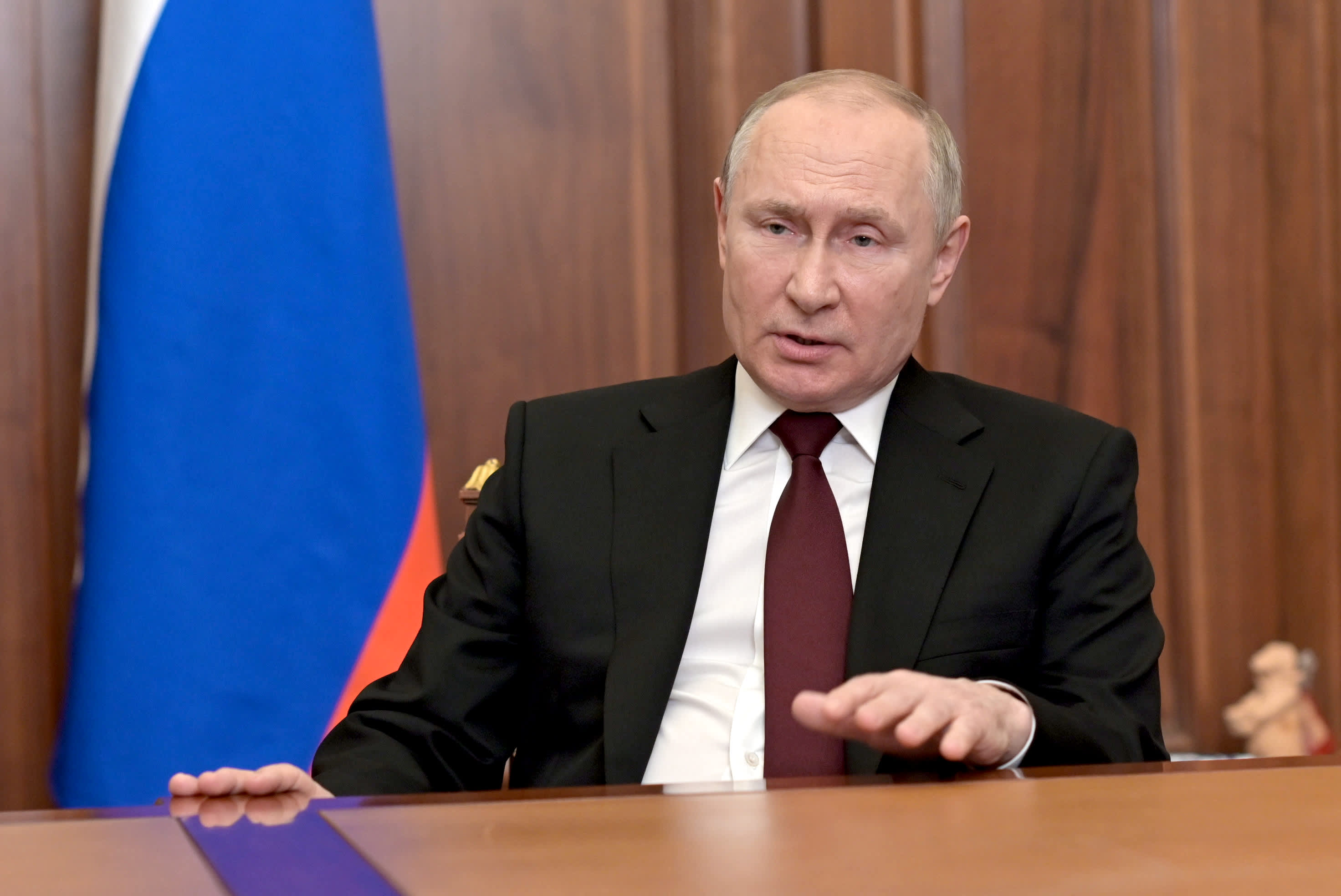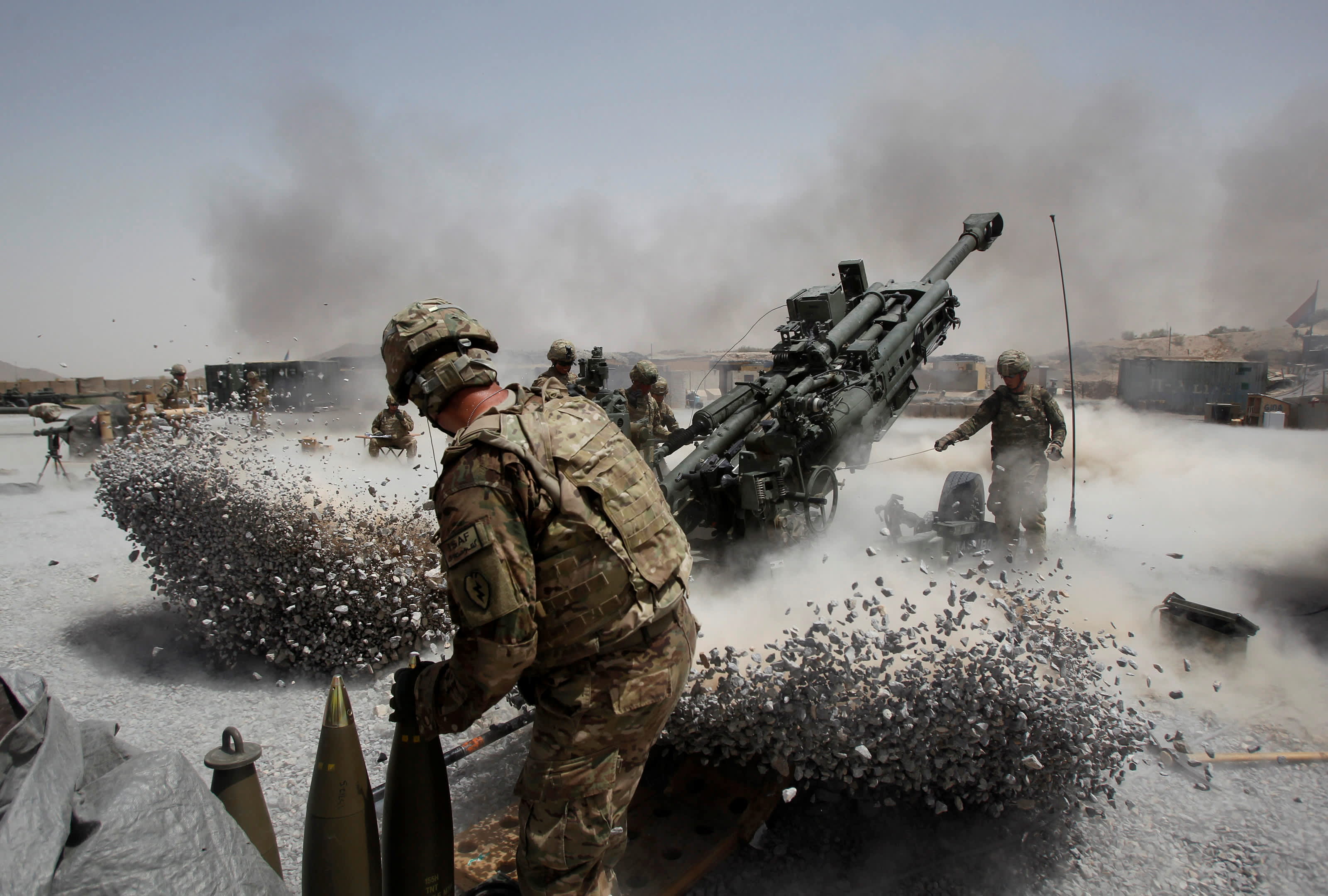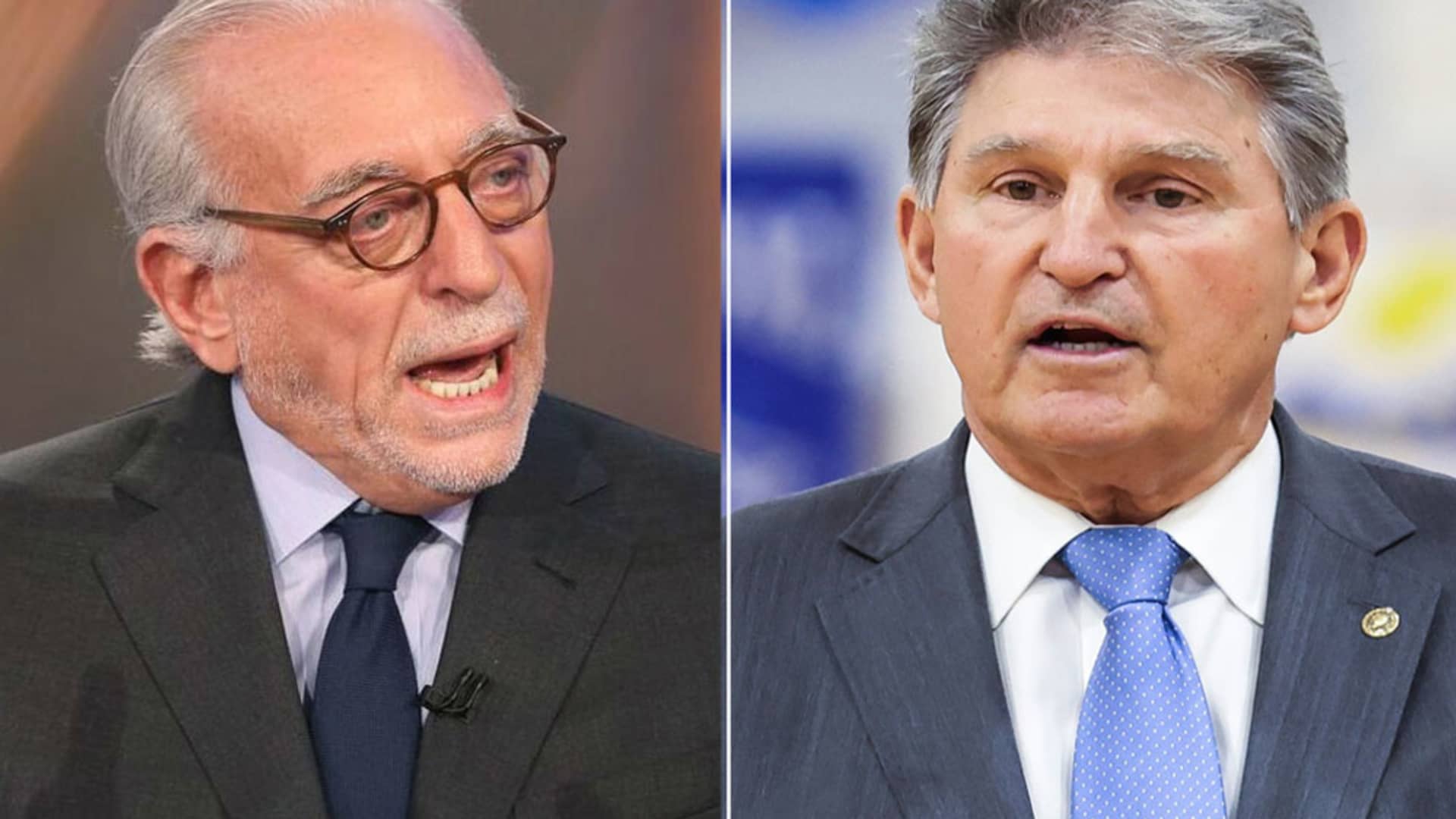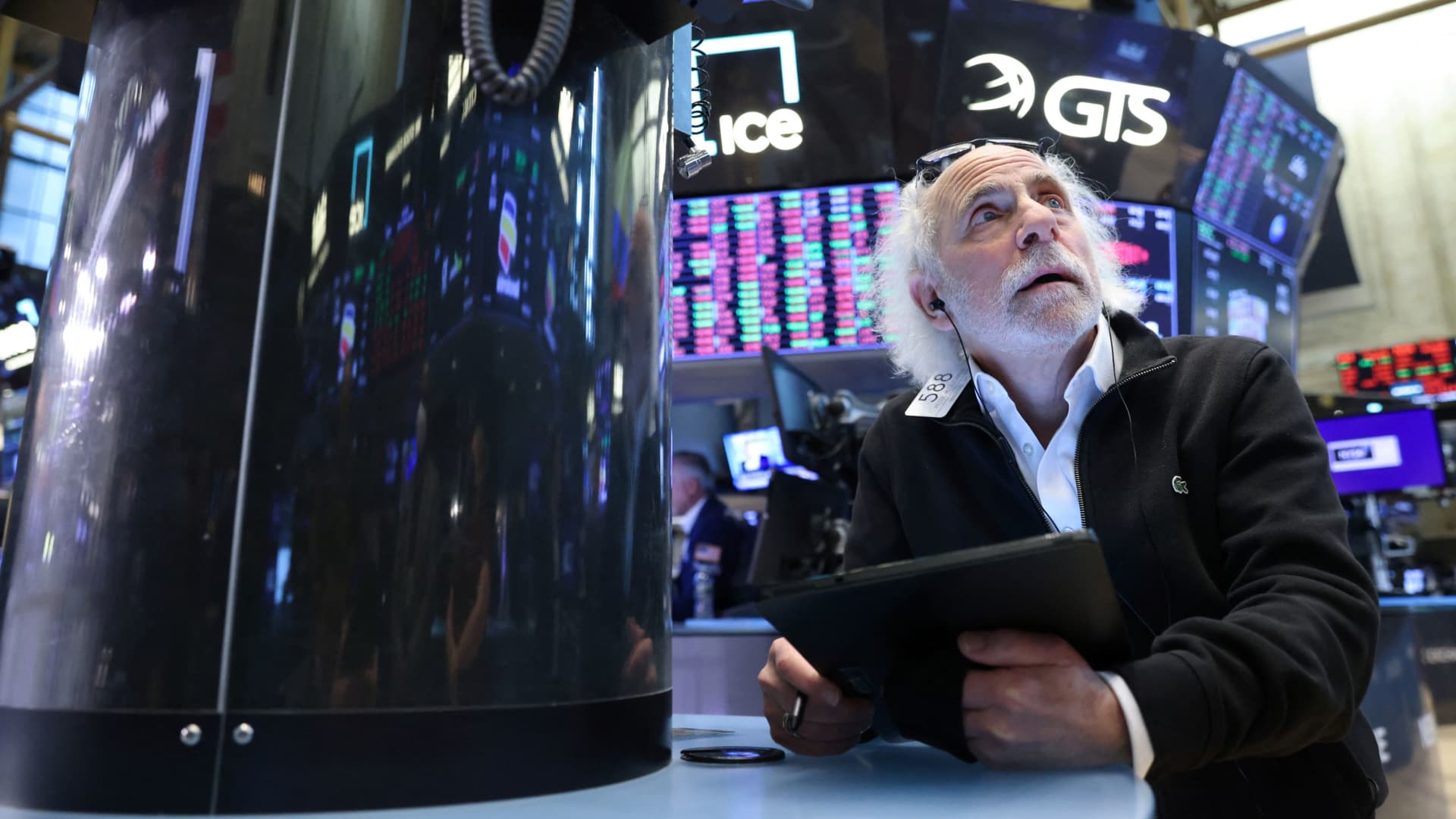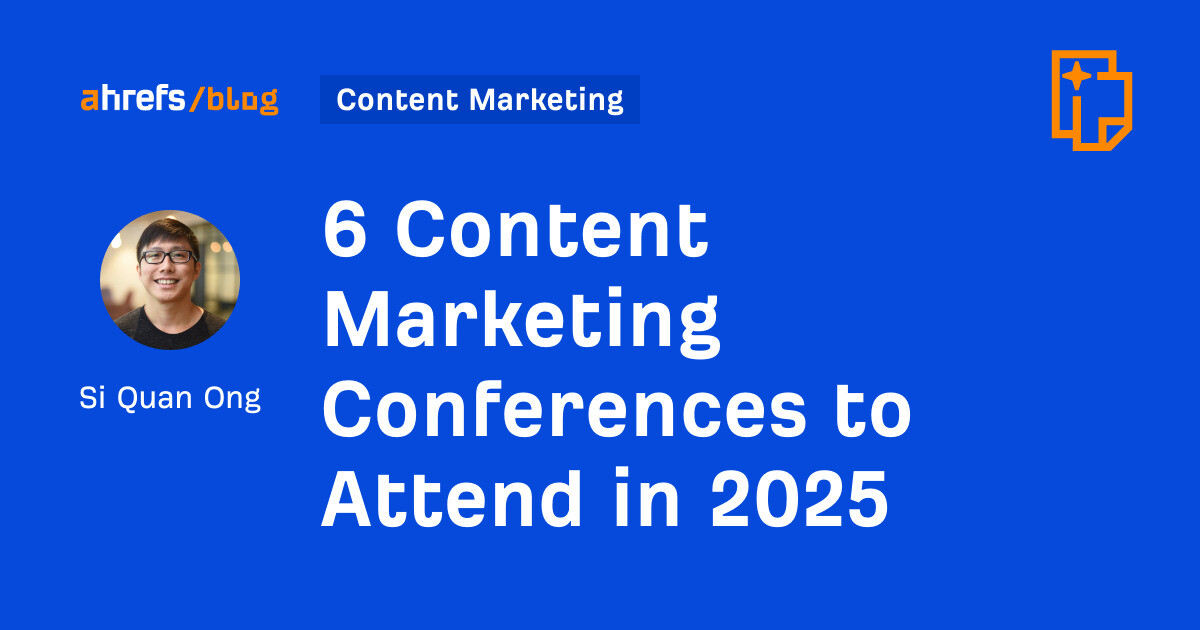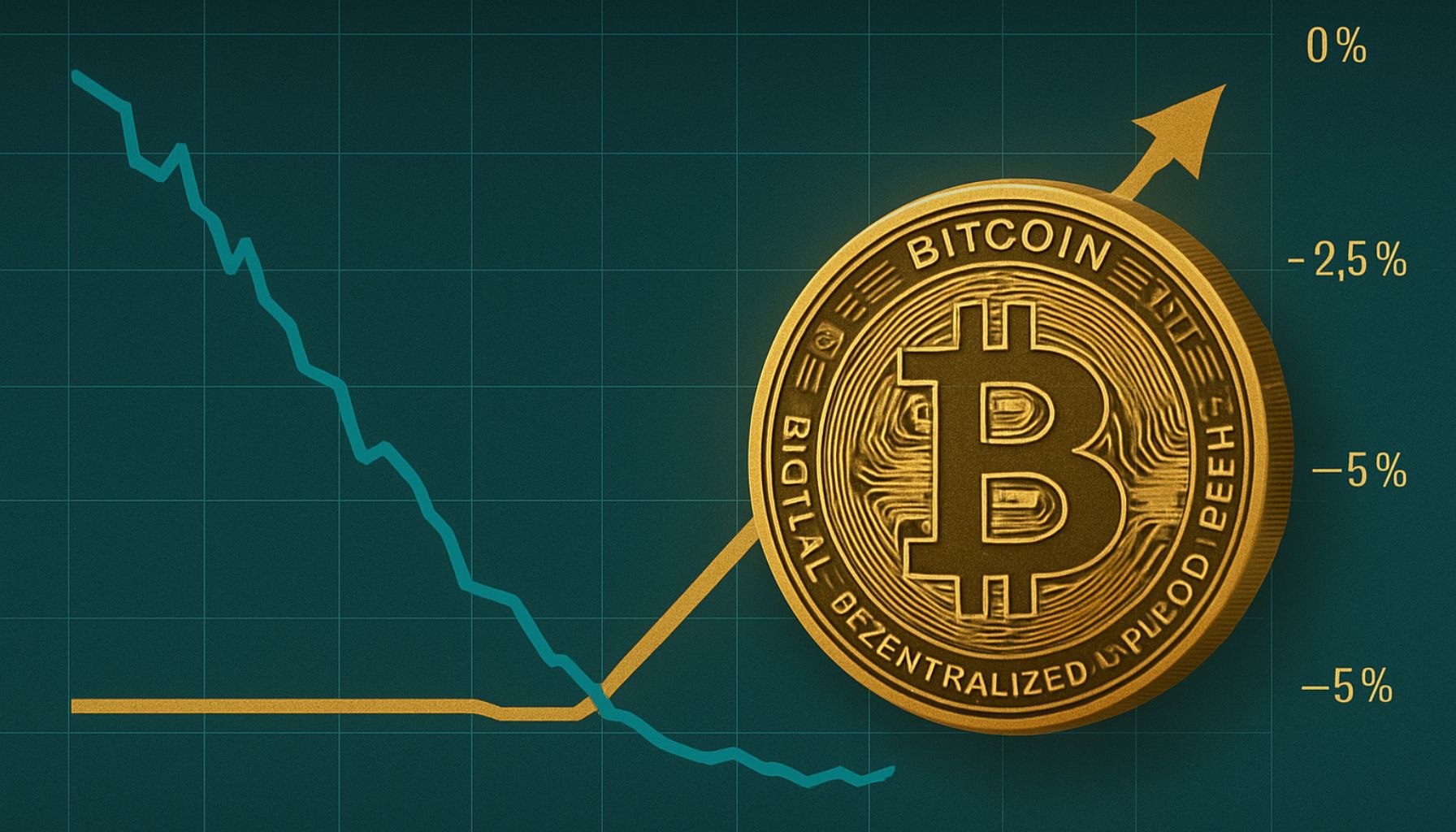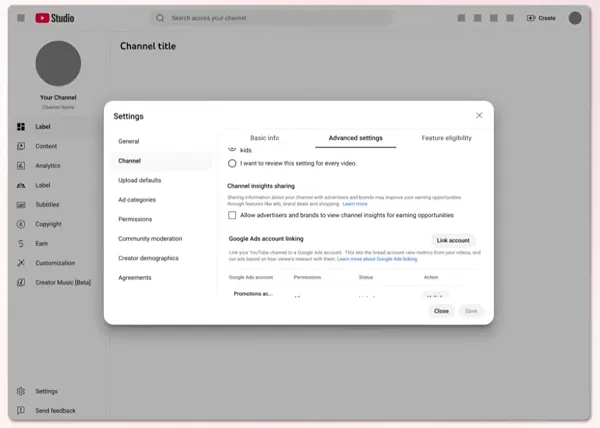Trump said 'there's going to be a lot of woman coming forward' if he ran for president, Michael Cohen testifies
Michael Cohen could be the pivotal witness against Donald Trump, who is the first former president to go on trial in a criminal case.

Michael Cohen, former attorney for Donald Trump, arrives at court in New York City, March 13, 2023.
Eduardo Munoz | Reuters
Michael Cohen testified Monday that Donald Trump warned him that "just be prepared, there's going to be a lot of women coming forward," once Trump announced that he was running for president.
Cohen's revelation came on his first day of testimony at Trump's New York criminal hush money trial.
Once slavishly devoted to Trump as his personal lawyer and fixer, Cohen is now his avowed enemy and could be the key witness against him in the case.
The 57-year-old is set to tell jurors about how he paid porn star Stormy Daniels $130,000 shortly before the 2016 presidential election, in exchange for her silence about a one-night stand she had with Trump a decade earlier.
Trump's reimbursement of Cohen for that payoff while he was serving in the White House is the basis for the Manhattan District Attorney's case against the ex-president.
The Trump Organization reported the Daniels-related reimbursements to Cohen as legal expenses. But District Attorney Alvin Bragg alleges that this constituted a crime — falsification of business records — committed by Trump to hide the fact that the hush money had protected his then-wobbling presidential candidate at a key moment.
Trump, who denies having sex with Daniels, says the felony charges are bogus. The presumptive Republican presidential nominee calls them an effort by a Democratic prosecutor to damage his chances to win the upcoming election against President Joe Biden.
In addition to making the payment to Daniels, Cohen was closely involved in the arrangement of another hush money payment, to Playboy model Karen McDougal, by the publisher of the National Enquirer in 2016 in exchange for her story of an affair with Trump.
Cohen testified that as Trump moved to announce in 2015 that he would make a run for the White House, it became clear that the married real estate mogul factored in his secret personal life.
"Did Mr. Trump express any concerns about negative stories about his personal life?" assistant District Attorney Susan Hoffinger asked Cohen, as Trump sat at the defense table.
Cohen replied, "Yes."
"What did he say?" Hoffinger asked.
Cohen answered that Trump said, " 'You know that when this comes out, meaning the announcement, just be prepared, there's going to be a lot of women coming forward.' "
Former U.S. President Donald Trump attends his trial for allegedly covering up hush money payments at Manhattan Criminal Court on May 13, 2024 in New York City.
Spencer Platt | Reuters
As Cohen began testifying Monday, telling jurors about his personal and professional background, Trump listened with his eyes closed, in the same way that he has done when other witnesses in the case took the stand.
"During the time you worked there for Mr. Trump, how often would you say you met with him or spoke with him," Hoffinger asked Cohen.
Cohen replied, "Every single day, and multiple times a day."
He told the prosecutor that working for Trump over a decade "was an amazing experience in many ways."
"There were great times and some not great times, but for the most part, I enjoyed the responsibilities given to me, I enjoyed my colleagues, the Trump children," Cohen said, as Trump's son Eric Trump stared intently at him from the courtroom gallery.
"It was a big family."
Cohen later detailed how he used to encryption app Signal to communicate with David Pecker, the then-CEO of American Media, the publisher of the National Enquirer, and Pecker's lieutenant Dylan Howard.
Cohen said he used Signal when it "was a sensitive matter we wanted to keep private."
He testified that in August 2015, Trump and Pecker met, and "What was discussed was the power of the National Enquirer being at the cash register of so many supermarkets and bodegas that if we could place positive stories about Trump that would be beneficial and if we could place negative stories about some of the other candidates, that could be beneficial."
Cohen said that Pecker offered to alert Trump to any potentially negative stories about Trump so that he could stop them from being published.
Pecker and Howard also ran negative stories in the Enquirer about Trump's GOP primary opponents, the senators Ted Cruz and Marco Rubio, and about Hillary Clinton, the Democratic presidential nominee in 2016.
"Some of the negative ones that I received from David or Dylan was Hillary Clinton wearing thick glasses allegations that she had a brain injury, Ted Cruz photo of his father with Lee Harvey Oswald claiming he was involved in the assassination of JFK, articles about Marco Rubio in swimming pool with several men, that he was having a drug binge of some sort," Cohen testified. " AMI [American Media] would send over the cover story and I would show it to Mr. Trump and he knew David was loyal and on board and doing everything that he said he would do at the August meeting and he was actually doing it."
Hoffinger asked Cohen if he recalled Trump's reaction to those stories.
"That's fantastic, that' unbelievable," Trump said, according to Cohen.
Cohen, who in the past has said he had a "blind loyalty" to Trump while working for him, is expected to testify in Manhattan Supreme Court for several days.
More news on Donald Trump
After Hoffinger finishes her first round of questioning, Trump's defense lawyer Todd Blanche will cross-examine Cohen.
Blanche is expected to hammer away at Cohen's self-admitted history of lying — often in the service of Trump — and his federal criminal guilty plea to tax crimes and campaign finance violations in connection with the Stormy Daniels hush money payment.
"He's a convicted felon. And he also is a convicted perjurer. He is an admitted liar," Blanche said in his opening statement about Cohen at the start of the trial.
On Friday, Blanche asked Judge Juan Merchan to slap a gag order on Cohen, who has been an outspoken critic of Trump. The former president is subject to a gag order about witnesses in the case.
Merchan did not agree to gag Cohen, but he did tell Bragg's prosecution team to let Cohen know that the judge wanted him to stop making public statements about Trump or anything else in the case.
This is developing news. Check back for updates.

 Koichiko
Koichiko 








